- the paper presents an overview of the performance characteristics of synchronization primitives
- discusses what factors affect performance and presents performance results for these factors
- presents an open-source testing framework to measure these effects
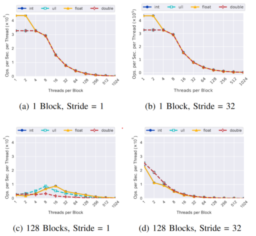
- this proposal discusses an alternative approach to Pipeline caching in Vulkan
- explains limitations of the existing Vulkan methods
- presents how the proposed solutions suggest solving limitations and giving application developers more control

- the author presents how Geometric Algebra concepts are often defined in the literature and what better definitions look like
- discusses different concepts such as Inner Products, Contractions, and duals
- additionally ensures comparing the best possible GA implementation against the best possible matrix implementations for a more fair comparison of the implementations
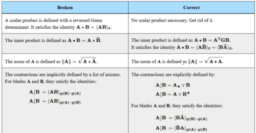
- the D3D12 tutorial presents how to get started with compute shader usage
- explains the steps required to setup shaders, create the necessary API objects, and execute the shader
- source code is available
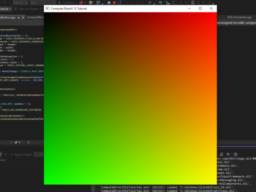
General Arcade, a porting and co-development studio that has worked with a wide range of clients, from indies to AAA developers and publishers, including Larian, From Software, Capcom, Devolver Digital, TinyBuild, and others, is seeking a Software Engineer with a rendering emphasis.
This is a great opportunity to work with a passionate engineering team on cutting-edge industry technologies.

- the blog post explains how HLSL shaders compiled for mesh shader usage with Vulkan require special annotations
- default shader behavior doesn’t handle it correctly, and it only fails on AMD without any validation errors

- the article discusses a method to allow virtual geometry to be represented in ray-tracing scenes
- explains issues related to BVH construction and LOD selection
- shows how to integrate generation logic into loading and runtime frames
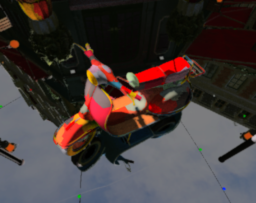
- the video develops a mental model for 4-dimensional space
- explores where the space is located and what it represents
- starts exploring the space via generalization of concepts from 2D to 3D and finally to 4D
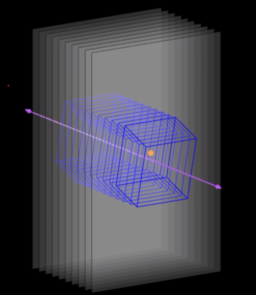
- the short blog post presents how to use human-readable ISA documentation to decode one CDNA instruction
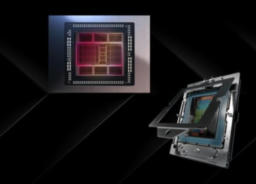
- AMD released ISA documentation for RDNA2 and CDNA ISA
- additionally, it presents a small example application that presents how to use the released data

- the blog post introduces a prototyping programming platform for shader development
- exposes a way to use a visual node graph editor and HLSL shader nodes for the development of shader techniques
- allows the export of the developed solution into D3D12 code (more targets will be supported later)
- the video tutorial presents how to use the system and the debug tools available to implement a box blur technique
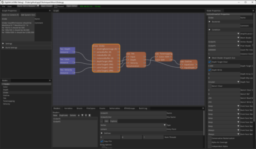
- the video tutorial explains how to load vertex information from within a Vertex Shader instead of relying on fixed function hardware
- provides an overview of the concepts of Programmable Vertex Pulling and use cases that are enabled through it
- implementation is shown using OpenGL
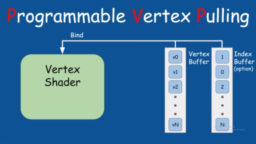
Thanks to Lesley Lai for support of this series.
Would you like to see your name here too? Become a Patreon of this series.